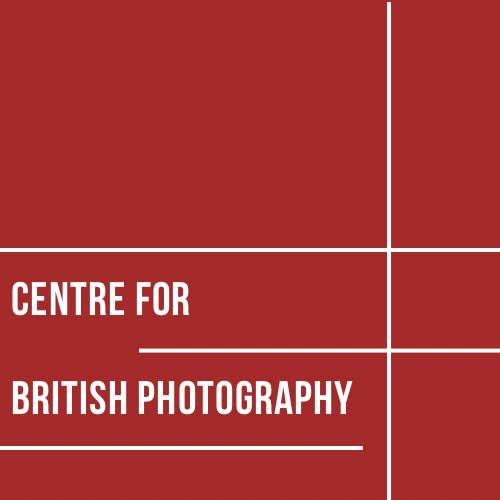Caroline Coon has a unique place in British Culture: a counter-culture activist in the 1960s, a leading protagonist in the early years of British Punk and a photographer and painter. Coon also continues to work as a feminist agitator, political activist and social campaigner: particular causes include the legalising of drugs and of sex work.
Coon's famous photographs of the early Punk bands, including the Sex Pistols and The Clash (whom she briefly managed), reflect her own status as intimate and insider.
Coon initially trained as a figurative painter and became involved in the 1960s underground movement in London while still attending art school. In 1967 she founded Release, an agency set up to provide legal advice and arrange legal representation for young people charged with the possession of drugs.
In the 1970s, Coon became involved in the London punk scene, writing about the bands for Melody Maker and providing artwork for groups such as The Clash and The Police. Coon's Punk photographs are widely celebrated, having been used in a range of media, from the artwork for Punk records to their inclusion in Jon Savage's great study of Punk, England's Dreaming. In 2001 Coon held an exhibition of these photographs, No Future?, Light House, Wolverhampton.
Coons retains the radicalism that drew her to Punk, and has commented that:
'My career, as defined by my continuing ability to work as an artist, could not exist but in the context of women's struggle for autonomy. As a woman who went to art school in the early 1960's, my existence as an artist and my desire to make my way in the workplace as an artist has been inescapably political. There has always been a tension in my career. In the 1960's I co-founded Release and I started campaigning for civil liberties and the end to drug prohibition. In the 1970's I wrote about and photographed the counterculture of punk. In the 1990's I started CUNST ART to make a series of 'Thorns', feminist political posters and agitprop performances, most recently the on-going The Woman=Whore Questionnaire (2002).'

